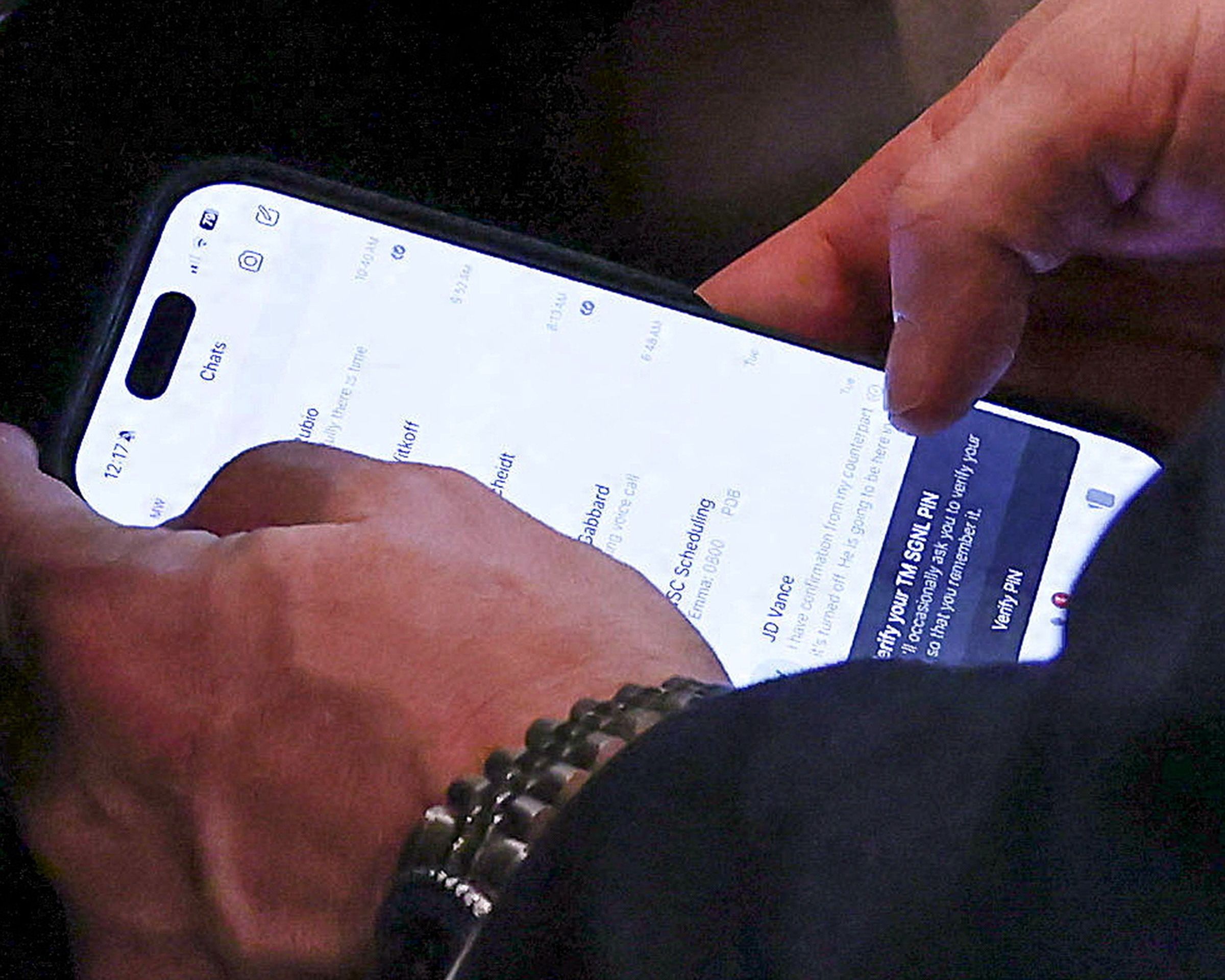Customs and Border Protection Confirms Its Use of Hacked Signal Clone TeleMessage
Customs and Border Protection Confirms Its Use of Hacked Signal Clone TeleMessage
Customs and Border Protection (CBP) has confirmed that it has been using a hacked version…

Customs and Border Protection Confirms Its Use of Hacked Signal Clone TeleMessage
Customs and Border Protection (CBP) has confirmed that it has been using a hacked version of the messaging app Signal known as TeleMessage to track and surveil individuals crossing the border.
The use of this hacked app raises serious concerns about privacy and security, as it allows CBP to access encrypted messages sent by individuals without their knowledge or consent.
CBP defends its use of TeleMessage as necessary for national security purposes, claiming that it helps them track potential threats and prevent illegal border crossings.
However, privacy advocates argue that this kind of surveillance is a violation of civil liberties and undermines the right to privacy for all individuals, regardless of their immigration status.
This revelation has sparked a debate about the ethics of using hacked technology for law enforcement purposes and whether the ends justify the means when it comes to national security concerns.
Some are calling for greater oversight and accountability for CBP to ensure that they are not overstepping their boundaries and infringing on the rights of individuals.
It remains to be seen how this revelation will impact the use of TeleMessage by CBP and whether there will be any legal repercussions for their actions.
In the meantime, individuals are advised to exercise caution when using messaging apps and to be aware of the potential risks of their communications being intercepted and surveilled.
Overall, this news highlights the ongoing tension between national security interests and individual privacy rights in the digital age.




